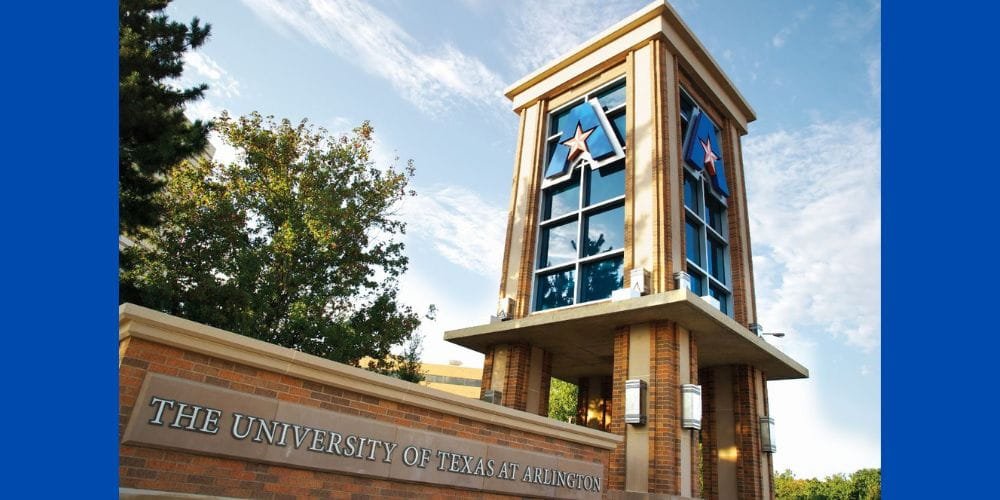UTA serves as the lead applicant in a consortium comprising nearly 20 organizations from North Texas and Oklahoma

The University of Texas at Arlington (UTA), in collaboration with partners in North Texas and Oklahoma, is spearheading an initiative to transform the region into a central biomanufacturing training and research hub, catering to the needs of both U.S. and international biotech companies.
UTA serves as the lead applicant in a consortium comprising nearly 20 organizations from North Texas and Oklahoma. This consortium is vying for a funding opportunity released by the U.S. Economic Development Administration (EDA) in May 2023. The initiative aims to designate at least 20 Tech Hubs across the United States and allocate a total of $15 million to develop strategies to accelerate economic growth.
UTA President Jennifer Crowley emphasized the significance of the initiative, stating, “With UTA’s incredible talent in research and business development in the region, we are serving as the lead of this consortium, knowing it will help further leverage biomanufacturing innovation in a research triangle with Dallas to the east, Fort Worth to the west, and Oklahoma City to the north.”
The Phase 1 Strategy Development Grant and Designation, led by UTA, seeks EDA recognition for the Dallas-Fort Worth-Arlington (DFWA) and Oklahoma City (OKC) regions as a “Central Biomanufacturing Innovation Hub” (CBIH). This designation would unite the regions along the I-35 Corridor, collectively representing over 9 million individuals, as a Tech Hub with the potential to create a powerful biomanufacturing “mega-region.” This region would offer logistical advantages, research and development capabilities, and commercialization resources.
Both the DFWA and OKC regions have strategically positioned themselves as competitive biomanufacturing hubs, capable of enhancing U.S. economic strength and resilience. OKC focuses on scaling bioengineering talent production, expanding clinical trial support and management capacity, and increasing contract development and manufacturing production.
Meanwhile, DFWA leads in boosting research output and generating new patents, establishing specialized wet-lab facilities to support commercial translation, and promoting workforce development initiatives in underserved communities.
Kate C. Miller, Vice President of Research and Innovation for UTA, emphasized the significance of this designation, stating, “Receiving this designation and strategy development grant will ultimately contribute to the translation of bioscience research into new businesses and commercial products, expanding low-cost domestic biomanufacturing capabilities and producing a robust talent pipeline needed to ensure America’s continued leadership in bio-innovation.”
The CBIH consortium, led by UTA, includes various organizations such as the Arlington Economic Development Corporation, BioLabs, BioNTX, the city of Dallas, Dallas College, DFW Airport, Echo Investment Capital, Evolve Biologics, the Greater OKC Chamber of Commerce, Lyda Hill Philanthropies/LH Capital Inc., McKesson, the OKC Innovation District/BioTC Oklahoma, Oklahoma Medical Research Foundation, University of Oklahoma, University of Oklahoma Health Sciences Center Stephenson Cancer Center, Texas A&M National Center for Therapeutics Manufacturing, and Wheeler Bio. These entities represent a diverse mix of public, private, and civic sector leadership dedicated to advancing the potential of the CBIH.
The consortium leverages shared regional expertise, addressing key technology focus areas, including biotechnology, medical technology, genomics, synthetic biology, robotics, automation, and advanced manufacturing. This initiative holds the promise of driving innovation, economic growth, and biomanufacturing excellence in the central United States.